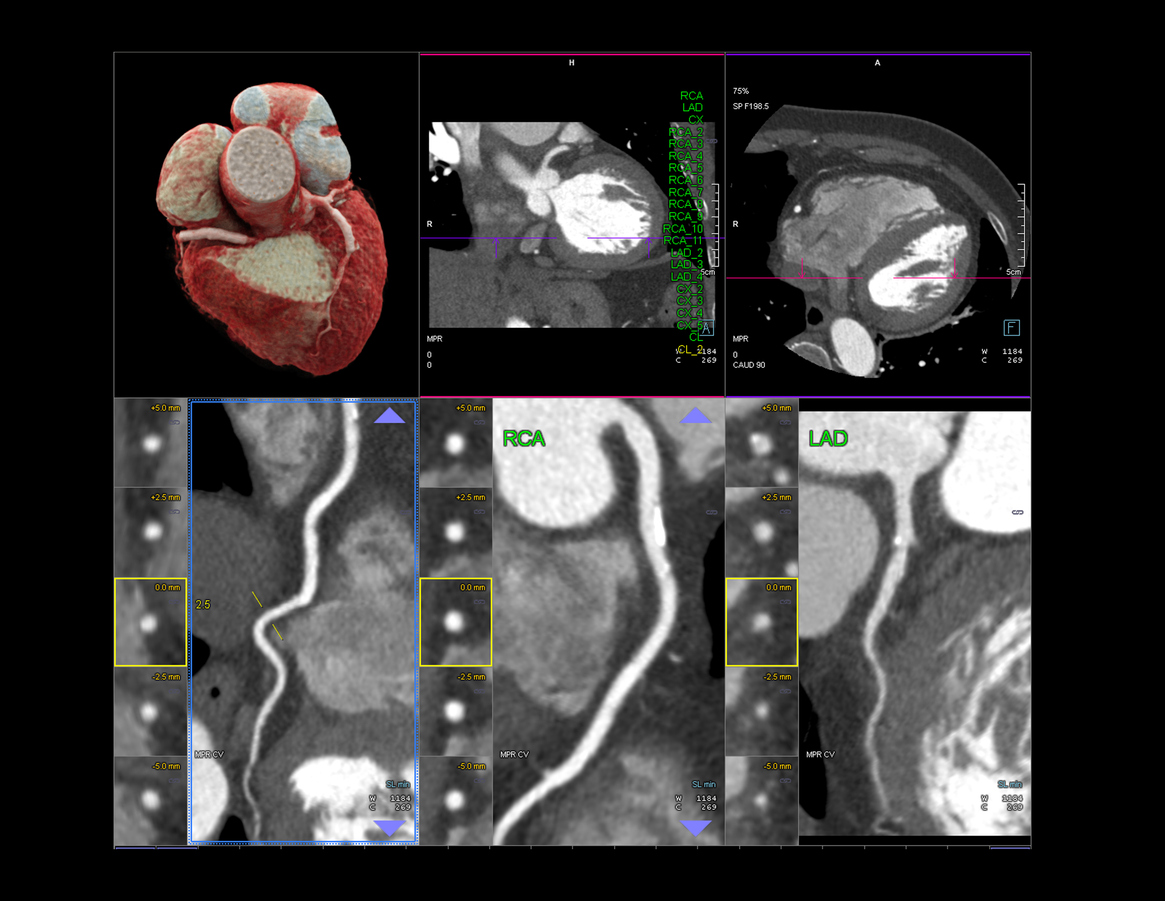When Should You Go For Cardiac CT Imaging?
A CT scan is a medical imaging tool used to see the heart and blood vessels. The results allow your doctor to see any potential issues in your heart. It can also be used to monitor your progress if you are undergoing medical treatment for your heart. The procedure is non-invasive and highly effective. Below, you will find information detailing when you should go for cardiac CT imaging.
When Should You Go For Cardiac CT Imaging?
A CT scan is also referred to as a cardiac computed tomography scan. It is highly effective in detecting several heart conditions because it examines your heart and blood vessels. Your primary care provider or cardiology doctor may recommend it. It is critical to follow their instructions, as the results can provide vital information about your health. There are several reasons someone should get a CT scan.
Coronary Artery Disease
CT scans are helpful in detecting coronary artery disease. The imaging detects blockages and narrowing of the arteries, among other important information. This information can reduce your risk for heart attacks and other cardiac complications. Your cardiology doctor uses the information to create an effective coronary artery disease treatment plan.
Congenital Heart Defects
Congenital heart defects can impact your heart and overall health. A CT scan effectively gets images of the entire heart. These details allow a cardiology doctor to diagnose and monitor the defect. Undiagnosed congenital heart defects can result in serious health issues. Medical intervention is key, and a CT scan can help your doctor create a treatment plan that is right for you.
Heart Valve Issues
Heart valve issues can impact your health and lead to serious health issues. Valve issues often involve narrowing or leakage. A CT scan can evaluate the function of your heart valves. This information can aid your cardiology doctor in finding a treatment plan for you. Surgical intervention may be necessary. This is why it is critical to get a CT scan when your doctor recommends it.
Management and Evaluation
CT scans are important when diagnosing several heart conditions. However, they are also an effective tool for evaluating and monitoring heart conditions. They can assess how treatment is going for a heart condition and be used before or after surgery to see any changes that have occurred. CT scans are a highly valuable tool used by cardiology doctors to ensure your heart health stays in good shape.
Non-Invasive Cardiac CT Imaging
Preparing for a CT scan is simple. It’s helpful to follow your cardiology doctor’s instructions. This may include fasting, adjusting your medications, and following other pre-scan instructions. You should also avoid wearing jewelry when you go to your appointment. Be sure to consult with your primary care provider before adjusting any of your medications.
The scan is non-invasive and fairly fast. You should be in and out of the office within 90 minutes. Non-invasive cardiac CT imaging involves several steps. You will need to lie down on a table during the scan. Electrodes may be placed on your chest to monitor your heart rate. A dye is injected into your body to improve the clarity of the CT scan images. From there, you need to stay still and may be prompted to hold your breath. Once the imaging is complete, a radiologist will analyze the images. From there, your doctor will reach out to you regarding your results.
Apex Cardiology
The team at Apex Cardiology has helped countless patients improve their heart health. If you need a CT scan, contact Apex Cardiology to schedule your appointment!

Leave a Reply